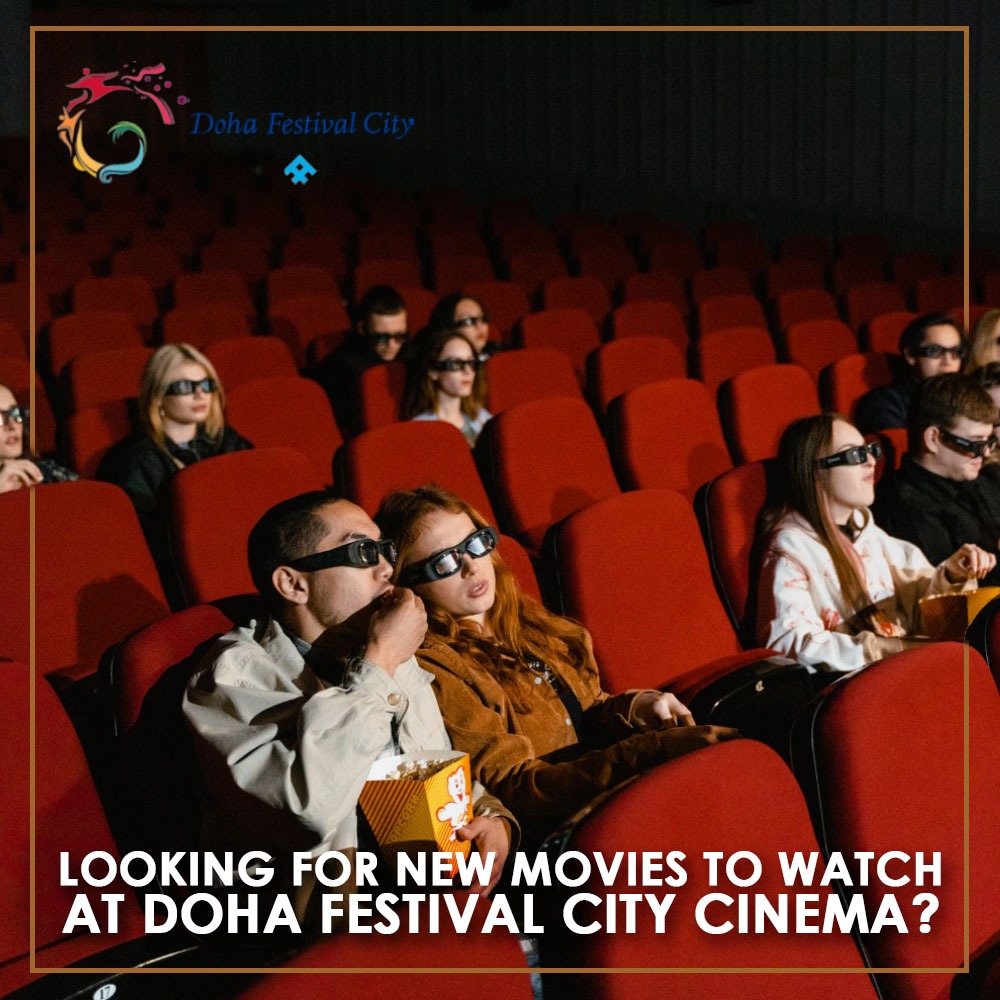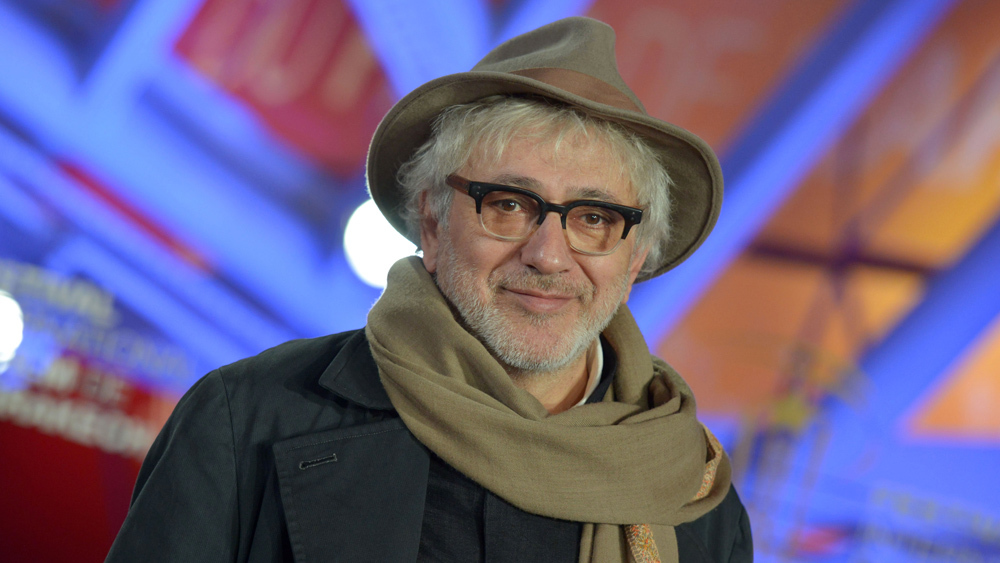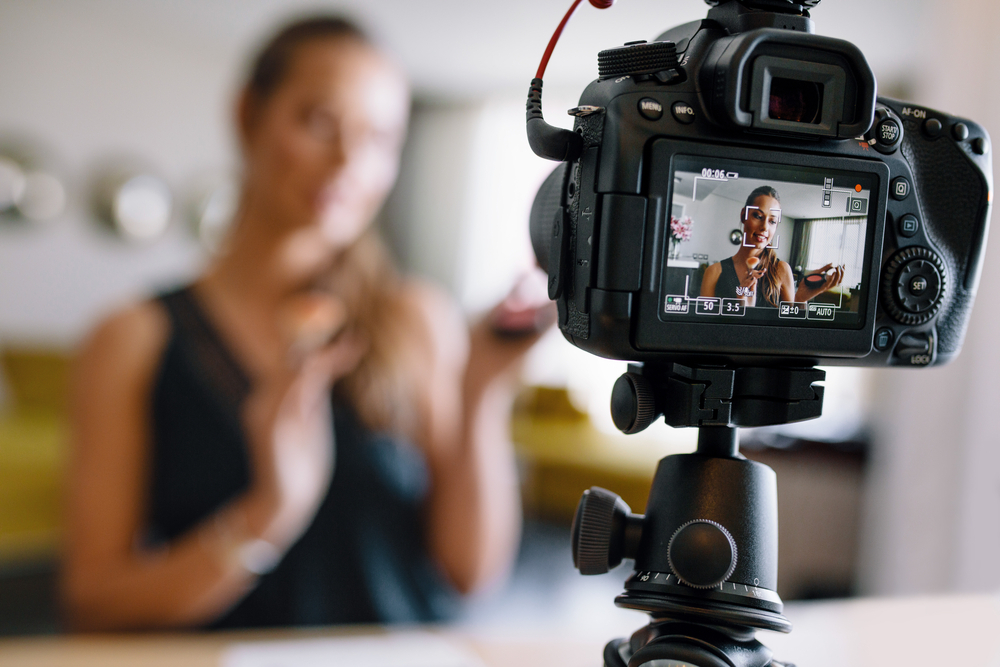Marvel’s Black Panther is a cultural phenomenon, a historic box office success that’s brought in rave reviews and sparked conversation all over social media and traditional media alike. There are no signs of the excitement abating, either, as the conversation about the film has evolved from discussions about the importance of representation into something grander: a rather groundbreaking celebration of black culture.
With an all-star collection of majority black talent both in front of and behind the camera, Black Panther, under the direction of Ryan Coogler (Fruitvale Station, Creed), is about more than the latest superhero’s journey; it’s also about black culture’s journey, and it points toward a future where it could be the culture. It acknowledges and celebrates everything from traditional African society to African-American political debates, from the power and beauty of black women to the preservation of identity, all within the lush confines of the fictional African nation of Wakanda.
All told, Black Panther’s greatest legacy may not be what it’s done for Marvel, Hollywood, or box office records, but what it’s done for the culture. In Wakanda, which offers much to marvel at for audiences of all backgrounds, black viewers in particular have found a cultural oasis that feels like nothing we’ve seen before.
Black Panther celebrates black culture on several fronts
Black Panther is in many ways a love letter to black culture. Africa has traditionally been an unsophisticated bit player in American media, often portrayed as backward, savage, and chaotic in everything from news coverage to films. It’s a portrayal that has left little room for other interpretations, which is why Black Panther’s vision of Wakanda as a bustling metropolis of vibranium-powered futuristic skyscrapers, racing trains, and soaring spaceships feels so refreshing.
Marvel movies often take place in grand, imaginative locales, like Thor’s Asgard or Guardians of the Galaxy’s far-flung planets. But nothing has been quite as audacious and poignant as Wakanda, a vision of Africa that feels indebted to both Jack Kirby and Octavia Butler, home to a thriving black population that represents our collective ingenuity and beauty. As a testament to black empowerment, Black Panther is an important artifact, but it’s also, quite simply, a big draw for black moviegoers starved for this sort of vision.
It’s not just Wakanda’s skyline that makes an impact, though; the film drew on a team of designers and stylists to showcase a very specific, beautiful black aesthetic. In an interviewwith the New York Times, Camille Friend, who oversaw the various hair designs of what she calls “a totally Afrocentric, natural hair movie,” said the entire production was considered against a backdrop of a bigger black cultural moment: “We’re in a moment when people are feeling empowered about being black,” she says. “The hair helps communicate that.”
/cdn.vox-cdn.com/uploads/chorus_asset/file/10281041/black_panther_danai_gurira_lupita_nyongo.jpg?w=1170&ssl=1)
Like the film’s hair, Black Panther’s costuming was an opportunity to infuse meaning and pride into the movie. As the film’s head costume designer, Ruth Carter, shared with NPR, the costumes, like Wakanda itself, needed to evoke a place and people that had “never been colonized, one that looked toward the future but was based on a real past.”
Carter and her team drew on Kenyan, Namibian, and South African reference points to complete the film’s array of looks, reflecting not only the tribal diversity that exists within Wakanda but the diversity of black culture and identity as well. The film is a crucial stamp of validation for black people hungry for the opportunity to celebrate everything from Afrofuturism to the natural hair movement that’s often been derided in mainstream spaces.
The care and intricacy of the film’s styling carried a heavy price tag, with Marvel committing more money to Black Panther than its previous few films in order to achieve a visual splendor that’s as exciting to the culture as it is to the eye. The result is the sort of spectacle black moviegoers rarely get to see in popular mainstream culture. That isn’t lost on Marvel’s Kevin Feige, who explained his reasoning behind the film’s budget to Vulture: “It’s a big story that deserves to be told in a big way, for all of the cultural and political reasons that people talk about.”
These vague “cultural and political reasons” are at the heart of a movie phenomenon that’s inspired everything from Black Panther-themed watch parties to a voter registration initiative to a curriculum that encourages educators to leverage the film to teach deeper histories about African culture, politics, and history. It’s also opened up dialogues and personal reflections about black identity in America and abroad via #WhatBlackPantherMeansToMe, a powerful cross section of editorial and real-time reflections on the film’s resonance with black moviegoers.
The film has also jumped into the current of black political thought and action, prompting challenging think pieces about how T’Challa and Killmonger’s rift is representative of familiar ideological debates in the black community, and what the film’s politics represent about the state of black America. In addition to escapism and inspiration, Black Panther offers African Americans the opportunity to reexamine and reimagine their place in the world, both literally and figuratively. Wakanda has emerged as a vision of what’s possible, representing what true liberation could look like, but the power of that fantasy is directly linked to the harsh realities of Erik Killmonger’s experience growing up in Oakland, California, far away from that utopic vision.
Black Panther is part of a wave of entertainment that’s expanding the scope of black narratives
The excitement around Black Panther doesn’t exist in a vacuum; the film is the latest in a string of high-water-mark moments for a black pop culture landscape that’s experiencing a renaissance. Recent years have seen a new level of black art that’s intertwined sociopolitical commentary with high-caliber artistry: from Beyoncé’s Lemonade and Kendrick Lamar’s DAMN to Atlanta and Queen Sugar, there’s been a renewed focus on telling stories that broaden and sharpen the range of black narratives.
This expansion is significant given black audiences’ complex relationship with Hollywood, which has typically presented a narrow slice of the African-American narrative. It’s an industry that has often seemed invested in black Americans primarily as slaves (12 Years aSlave), victims of inner-city strife (Detroit), or symbols of comfort (The Help) and is fixated on stories about the post-Reconstruction and civil rights eras and biopics of famous black people that only glimpse at race.
For a long time, it’s felt like the only stories about the African-American experience Hollywood was interested in telling were stories that were intertwined in some way with the white experience, making this shift toward stories that center black narratives as black narratives feel both welcome and long overdue.
A similar shift has been afoot in Hollywood offscreen in recent years. As #OscarsSoWhite launched a debate about the industry’s fidelity to representation and valuing nonwhite contributions, filmmakers like Moonlight’s Barry Jenkins, A Wrinkle in Time’s Ava DuVernay, and Get Out’s Jordan Peele have taken crucial pole positions as visionaries who are pushing the boundaries of black representation on film. Coogler’s Black Panther joins these projects as a missing piece: a popcorn movie that uses the most mainstream of film genres — the superhero movie — to project the complexity of black identity, politics, and creativity.
Black Panther is in many ways an antidote to the black American experience in 2018
/cdn.vox-cdn.com/uploads/chorus_asset/file/10165911/blackpantherjordan__1_.jpg?w=1170&ssl=1)
The renewed conversation around race that Black Panther enters into extends beyond the entertainment industry. As the first black superhero film in a cinematic universe that’s spent the past decade focused primarily on white superheroes, it underlines the chasm that exists between society’s treatment of black Americans and white Americans.
In many ways, black bodies have experienced a renewed series of attacks in recent years. Black NFL players can’t kneel in protest without recrimination from the president, team owners, or a conservative-leaning fan base. Everyday black citizens have been increasingly displaced in gentrifying cities, locked up in prisons at alarming rates, and shot and beaten by law enforcement at equally high ones.
This makes Black Panther a palate cleanser of sorts, a healthy injection of powerful, beautiful images of the black body. It’s what’s behind the lure of Wakanda, a land of black vibrancy, freedom, diversity, and discourse not blighted by outside forces or forced to negotiate with anyone but themselves. It’s why the Killmonger/T’Challa chasm rings so true, as they both offer their own type of wish fulfillment for black viewers: Wouldn’t it be nice to have a world where we aren’t encumbered by systemic racism and oppression and are masters of our own destiny? And yet wouldn’t it also be nice to galvanize a community with resources and political might to address and maybe even reverse the effects of that systemic oppression?
Told from a posture of power and pride, Black Panther is in many ways a most necessary antidote for the black American experience in 2018, an elixir that provides escape into a world where black Americans can imagine these conversations outside of the white gaze. As black America feels under assault everywhere from Charlottesville to the White House, it’s invaluable to be reminded that we still have the ability to soar and take action like T’Challa or Nakia or Okoye, to be strong black bodies of justice. The value of that reminder is not just timely — it’s timeless.
For more reviews, visit www.vox.com






Leave A Comment
You must be logged in to post a comment.